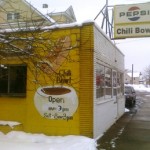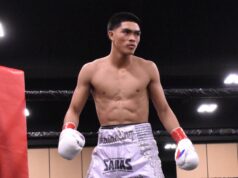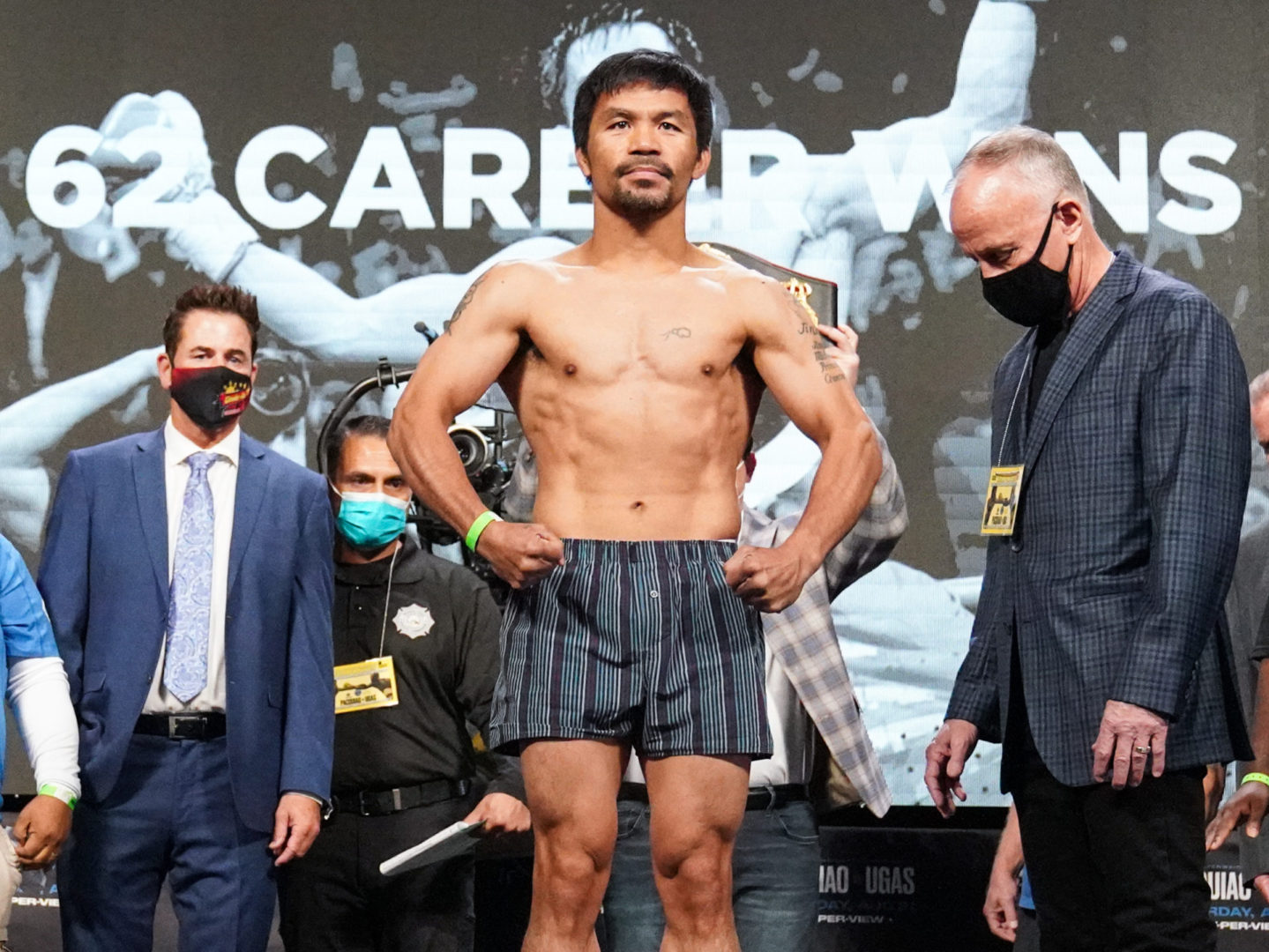
Pontiac’s Business district wasn’t. Early on a Saturday afternoon nothing was open. I parked the Kia well off the curb of a sidestreet, confident there would be no traffic to impede, and ambled up and down Saginaw and Pike Streets. There were what appeared to be panhandlers, but as they shuffled along, in lieu of risking their bare hands in the cold, they shrugged and frowned. Why the hell bother? A few of the buildings in the Business District had silhouettes of their last occupants’ names on them, but most had been bare long enough to be unhaunted.
There was no place to eat, and after the previous evening’s Coney dog it felt unsporting to sit in the Marriott bar with the boxing folks, discussing yet again who would win this mythical matchup or that. A mile of driving brought me to Chili Bowl. The establishment sat 12 within the concrete blocks of its yellow façade. Chili Bowl was in its 59th year of business. Its interior featured pictures and newspaper writeups. Its put-a-good-face-on-itness brought the queasy sort of sympathy one feels for a person oblivious of his plight – though its grillman was in no way oblivious.
I sat at the counter, read “Theatre of Fish” – a travelogue cum history of Newfoundland – and wondered at John Gimlette’s talent. The book was accessible for another writer, it wasn’t untouchable as “At the Tomb of the Inflatable Pig” had been, but it was remarkable enough in its styling to send an aspirant to places both cold and forgotten, in search of adventures to recount.
In the Courtyard elevator, I chanced on Timothy Bradley’s Mexican father-in-law. Bradley’s suegro was delightful. Somewhere between the lobby and floor 3, though, Spanish failed us; a language born in the Mediterranean lacked sufficient words for “snow” and “frigid” and “hopelessly blanketed” to imply what we both wished to say about Pontiac. So we gave each other the “alli se va” smile, a Mexican salute these days, and offered wishes of good fortune.
The next elevator was not so amiable. Tucked off a corner of a hidden staircase at Silverdome preceded by a tiny sign reading Credential Pickup, the service elevator that brought a few of us and a security-guard escort to the back entrance of the kitchen was a reminder how little preparation had been done after the kick-off press conference. Nobody knew where anything was. The security guide said as much; his first time in the building was yesterday.
I strode round the mezzanine, hoping to find a souvenir t-shirt that would someday prove I’d attended the last prizefight ever held in Pontiac. There were more makeshift barriers along the unlighted hallway than vendors and fight fans. Nary a poster or commemorative plastic cup could be found. There would be no evidence of “The Super Fight.” But that was no harbinger; it was not so mysteriously worded. It was boxing speaking in a short, declarative sentence: Nobody gave a fuck.
There was a single staircase open from the mezzanine to the floor of a venue that once accommodated 93,000 wrestling fans. On the other side of the curtain were parked eight trailers and a medium-sized yellow crane, with room enough for 10 other such combos. Inside the curtain were plenty of available seats.
The temperature along press row never rose above 55 degrees. Silverdome, despite its long-lost pretensions, was not outfitted with a heating system that could warm so many empty acres, and there weren’t live bodies enough to lend a hand. Writers paused before the laptops that illuminated their red cheeks to dab at runny noses. Many filed copy that night in winter coats.
None of our winter coats, though, rivaled Cornelius “K9” Bundrage’s. The IBF light middleweight champion in exile patrolled the aisles in a black getup with copious amounts of fur. If you’d never before met Bundrage – and thanks to his promoter, few of us had – he was a great surprise. Bundrage handed out media kits about himself that should have said: “I’m from Detroit, my promoter is Don King, we are 30 miles from Detroit, at a Don King show, and I am not on this card, FYI.”
I sat beside a handsome, friendly guy from HBO. Through the night, he received a number of other handsome, friendly visitors from HBO. The network covered itself doggedly; it surrounded the story of HBO and reported the hell out of it.
The main event ended with a cut caused by an accidental headbutt. Devon Alexander, by all accounts a role model and good guy, had not fought well, and the word “quitter” got whispered along press row. The words “dirty fighter,” too, plagued the main event’s victor, Timothy Bradley.
I don’t know what Bradley or Alexander said at the postfight press conference, because propelled by an unexpected burst of disgust, I quit my search for the service elevator after 10 minutes, marched up a blocked staircase and began throwing my shoulder against doors till one opened. I was five steps in the snow before I realized I was perhaps a half mile from where I’d parked the Kia. And the door clicked behind me a moment before I learned an eight-foot chainlink fence stood between me and the parking lot. With the help of a snow bank, I scaled the fence, hurled my laptop case at a 12-inch cushion of white and stomped a lap round Silverdome in a tanglefooted dance called Good Riddance.
Five hours later, I walked the Southwest Airlines terminal of Detroit’s Metro Airport. Not far behind me was Timothy Bradley, fully anonymous. His face was a swollen mess because the headbutts had gone both ways. It was not yet dawn, and the new unified champion of the 140-pound division was flying home to California on a discount carrier. Were you surprised when Bradley later forwent a fight with Amir Khan – a match he would have won – to escape his promoter?
I wrote my Monday column in an empty kiosk of Southwest’s Nashville terminal because there were no direct flights from Detroit to San Antonio. I wrote with abandon, pissed off, letting the words fly. Sometimes that works. Other times it’s dreadful. This time it worked.
Editor’s note: For Part 1, please click here
Bart Barry can be reached at bart.barrys.email (at) gmail.com










